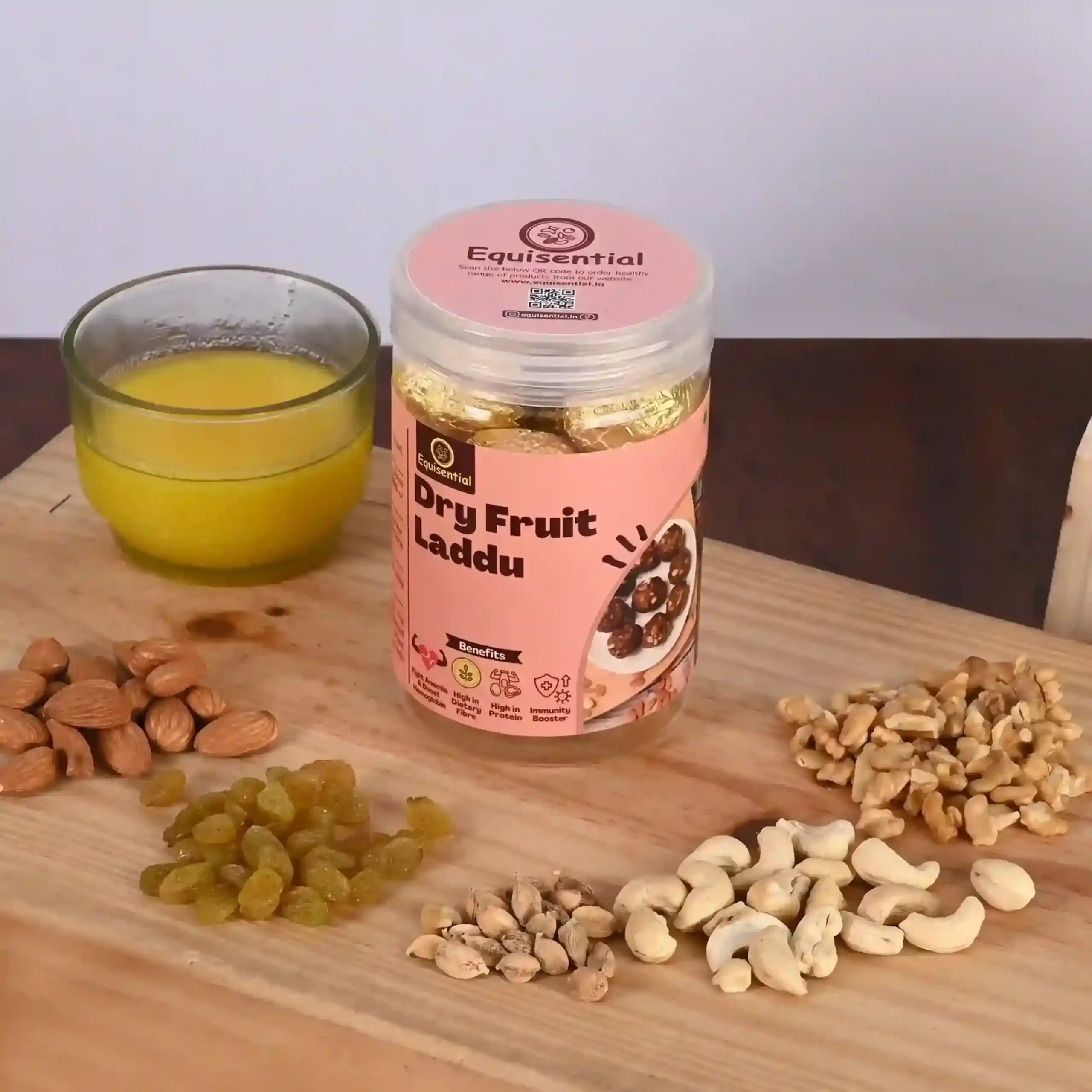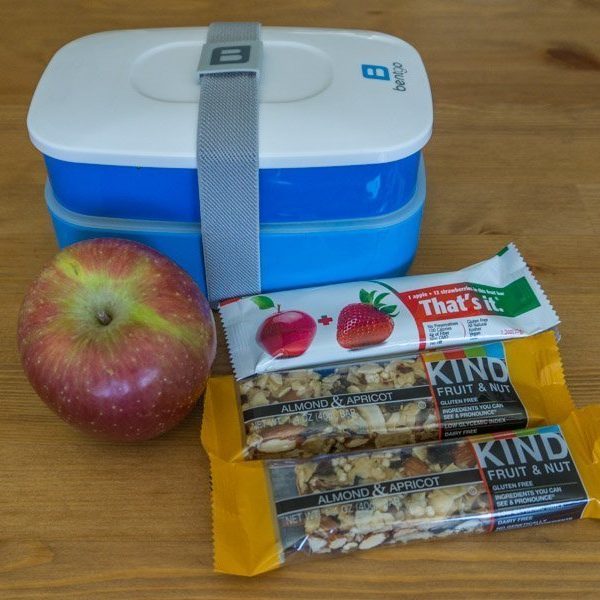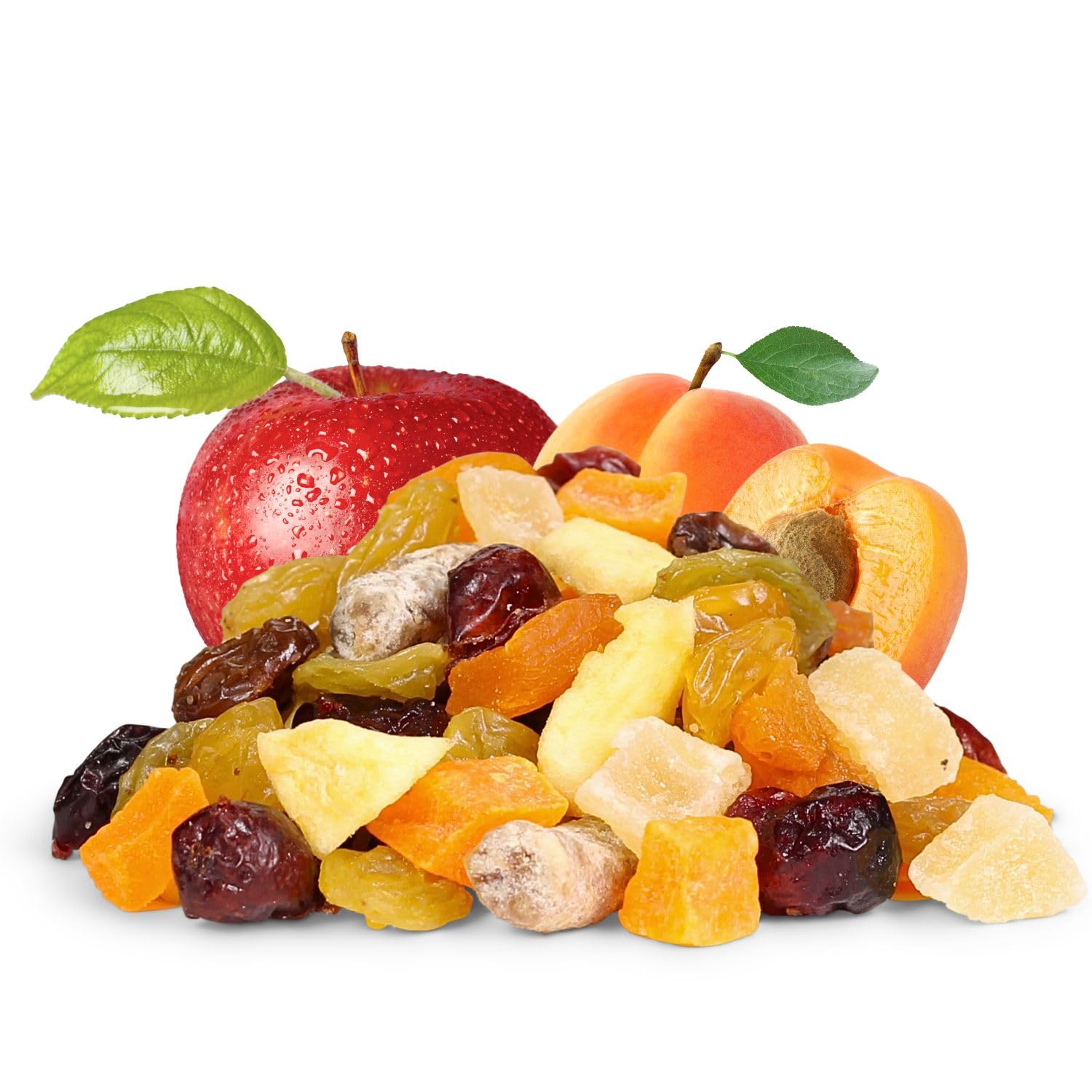Understanding US Customs Regulations on Agricultural Products
Navigating the complexities of US Customs regulations is crucial for travelers. Guidelines on agricultural products are strict. They aim to protect the US from foreign pests and diseases. Travelers must declare all agricultural items at the border. United States Customs and Border Protection (CBP) enforces these rules.
Travelers must share details with CBP officials. This includes if they touched animals or visited farms abroad. Inspectors may examine items closely. The goal is to verify compliance with entry requirements. Inspectors check for harmful foreign elements. Their decision on item entry is final. Keeping receipts and packages helps prove origin. It supports smooth entry.
Fresh fruits and vegetables pose a high risk. Almost all are prohibited. This includes in-flight or cruise gifts. The fear? Pests and diseases could disrupt American agriculture. Declare everything you bring. Even banned items, if declared, won’t lead to penalties. The inspectors will simply remove the items. Understanding these rules is key for responsible travel. It helps prevent any interruptions to your journey.

The Importance of Declaring Agricultural Items at US Borders
Declaring all agricultural items at US borders is essential. This simple act is vital for several reasons. It helps protect US agriculture from foreign pests and diseases. By declaring, you assist US Customs and Border Protection in their work. They use this information to prevent potential harm to crops and livestock.
When entering the United States, transparency with CBP officials is a must. This includes disclosing if you have had any farm visits or animal contacts abroad. Such details are crucial for tracking and controlling the spread of contaminants.
Agricultural inspectors rely on your declarations. They assess your items to ensure they meet the US entry criteria. Their inspections are thorough. They aim to stop harmful pests and diseases at the border. A traveler’s honesty in declaring can make the process faster and smoother.
Remember, penalties are not an issue if you declare all agricultural products. Even if some items are not permitted, being upfront about them ensures you face no fines. Your cooperation is appreciated, and it keeps everyone safe. So, declare every agricultural item, be it a leaf, a fruit, or a handful of soil.
Criteria for Agricultural Items: What’s Allowed and Prohibited
Navigating through US customs requires awareness of which agricultural items are allowed and prohibited. This knowledge helps avoid delays or confiscations during the customs process. Here, we outline the criteria for common items like dried fruits.
For starters, most fresh fruits and vegetables are not permitted. Fresh produce poses a high risk of introducing pests and diseases to US agriculture. It is critical to leave these behind or consume them before entering the US.
However, passengers might wonder, ‘Can you bring dried fruit through customs?‘ The answer varies. Dried fruits generally pose less risk than fresh ones. They usually can cross the border. But, there are conditions. These fruits must be free of pests. They should not have any signs of disease.
When it comes to fruits and vegetables, the type, origin, and condition matter. For example, some dried fruits may be allowed if they’re properly packaged. They must come from countries with low pest and disease risks. Always check the current list of allowed items before traveling. Regulations change according to the agricultural threats at the time.
Remember to declare all agricultural items, no matter the form. Declaration helps customs officers decide quickly. It keeps the US safe from agricultural threats. If you’re unsure about an item, declare it to play it safe. Honesty in declaration pays off. It keeps you penalty-free and supports agricultural safety.

Specific Guidelines for Bringing Dried Fruits into the United States
When planning to bring dried fruit through customs, it’s important to understand the specific U.S. guidelines that apply. Here’s a simple breakdown of the dried fruit customs process for the United States:
- Verify the Origin: Check where your dried fruit originates from. Only carry products from countries with low pest risk. Always double-check the permitted list before traveling.
- Proper Packaging: Ensure your dried fruits are in their original, sealed packaging. This helps inspectors verify the absence of pests and diseases.
- Declare Them: When arriving at U.S. borders, declare all dried fruits to Customs and Border Protection (CBP) officials. Be clear and straightforward in your declaration.
- Inspection Compliance: Be prepared for CBP to inspect your dried fruits. Show them any receipts or packaging to prove their origin. This can facilitate faster clearance.
- Understand Limits: Know that even dried fruits can have quantity restrictions. Carry only what is reasonable for personal use to avoid extra scrutiny.
Remember, the key to bringing dried fruits through U.S. customs is compliance and transparency. You don’t need to worry if you follow these guidelines. Keep your travel hassle-free by adhering to the regulations set forth by the CBP.
How to Prepare for a Smooth Customs Process with Agricultural Items
To make sure your entry into the United States goes smoothly, especially regarding agricultural items, follow these simple steps:
- Research in Advance: Before packing, look up the latest US regulations. Knowledge is key to hassle-free travel.
- Pack Smart: Only take agricultural items that meet US entry requirements. Leave fresh fruits and veggies behind.
- Keep Documents Handy: Have receipts and proof of origin ready for all agricultural items.
- Declare Everything: Honesty is crucial at the border. Share details about any agricultural products with the CBP.
- Expect Inspection: Be ready for your items to be checked. Help inspectors by keeping products accessible.
- Stay Patient: Inspections can take time. Understand this is for the safety of US agriculture.
Remember, smooth travel comes with good preparation. Check your items against the allowed list and don’t take risks with questionable products. Declare what you carry, cooperate with officials, and you’ll navigate US customs with ease.

Prohibited Fresh Fruits and Vegetables vs. Dried Fruit Regulations
When traveling to the United States, understanding the differences between regulations for fresh and dried fruit is essential. Fresh fruits and vegetables are largely prohibited due to the risk they pose in carrying pests and diseases that could be detrimental to American agriculture.
Fresh Produce Restrictions
Most fresh produce is not allowed. The concern is that even healthy-looking fruits and vegetables can harbor insects or diseases not present in the US. If you’re bringing any such items, like those handed out on flights or ships, you’ll need to discard them before passing through customs.
Dried Fruit Regulations
As for dried fruits, the rules are less stringent. However, properly dried and packaged fruit, generally from countries considered low-risk for pests, may be accepted. Nevertheless, they must be free from pests and disease signs to pass inspection. In addition, verification of their origin is important, and they must be declared upon arrival.
Therefore, it is crucial for travelers to check the current restricted and allowed list, as these can change. By doing so and by familiarizing yourself with these rules, along with declaring every item, you can avoid any issues and ensure your travels are not disrupted by customs procedures.
Tips for International Travelers Carrying Dried Fruits
Traveling internationally with dried fruits can be straightforward if you follow these tips:
- Check Country Guidelines: Ensure your dried fruits originate from a country not on the restricted list.
- Original Packaging: Keep dried fruits in their original, sealed packaging to confirm they are pest-free.
- Clear Declaration: Always declare your dried fruits to U.S. Customs and Border Protection upon arrival.
- Quantity Matters: Carry only reasonable quantities for personal use to avoid extra inspections.
- Be Informed: Stay current with the latest U.S. customs regulations regarding dried fruits by checking official resources.
Following these simple tips can help ensure that you can bring dried fruit through customs without issues. Always err on the side of caution and be transparent with border officials to ensure a smooth journey.
Consequences of Non-Compliance with US Customs Agricultural Rules
Understanding the consequences of non-compliance with US customs agricultural rules is critical for travelers. Ignoring these rules can lead to a range of issues, impacting both your travel experience and US agriculture.
Failing to declare agricultural items may result in:
- Fines and Penalties: Non-declared items can attract fines. The amount depends on the item and its risk level.
- Confiscation of Items: Undeclared items will be seized by customs officials. You may lose valuable goods.
- Delays in Travel: Held up for additional inspections can cause significant travel delays. Missing connections is possible.
- Legal Action: For serious breaches, legal action might be taken. This can lead to court dates and legal fees.
- Impact on Agriculture: You risk introducing pests or diseases. This puts US agriculture in danger.
To uphold the integrity of US borders and protect agriculture, compliance is not just advisable; it’s mandatory. Always declare dried fruits and other agricultural items you are bringing. Doing so not only helps avoid these negative outcomes but also displays respect for the laws protecting the country’s agriculture. Ensure you check the most up-to-date guidelines on what’s allowed and make declarations a priority when passing through US customs.
By adhering to these rules, you can help keep American agriculture safe and enjoy a hassle-free travel experience. Regardless of whether you can bring dried fruit through customs, remember that the key to a smooth process lies in transparency and respect for the regulations in place.


